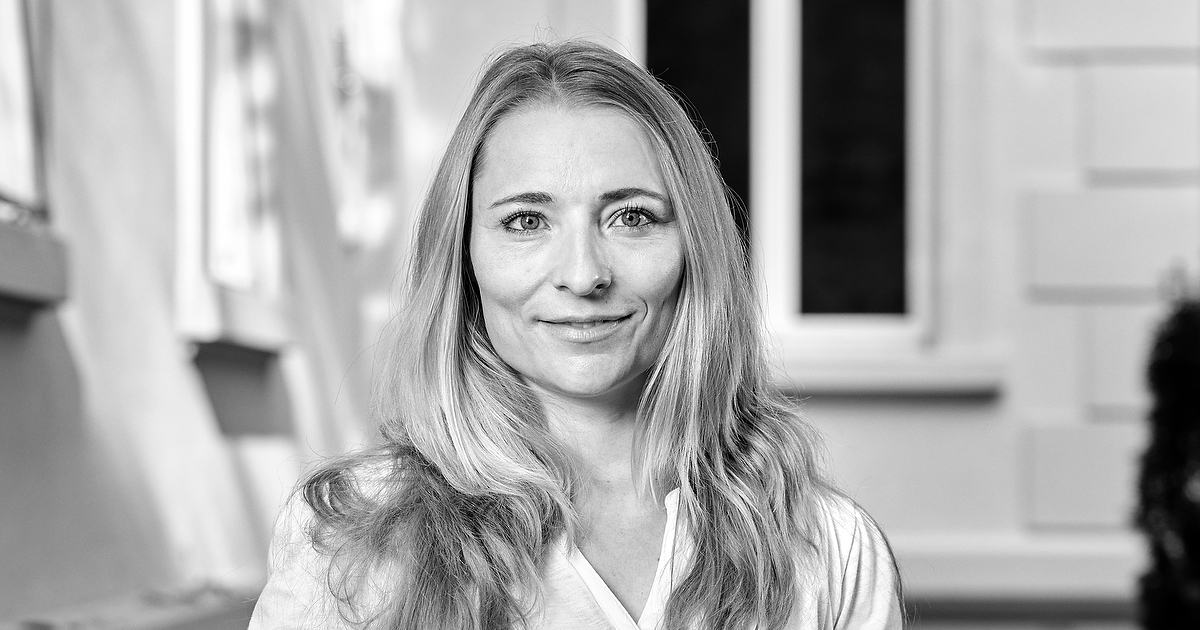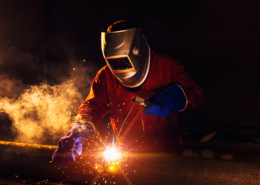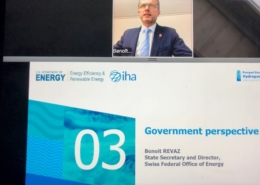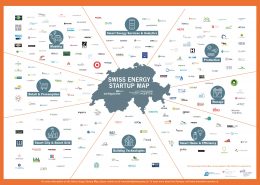GEAK certificate helps with important renovation decisions
A successful energy-efficient renovation usually begins with the creation of a GEAK (cantonal building energy certificate). This includes an analysis of the building, its envelope and the building technology. Maya Stalder has been working as an energy consultant since 2010 and is particularly passionate about renovating historic buildings. We asked the trained tinsmith about her work and her career.
Why is it worth bringing in a professional before renovating or refurbishing?
The main advantages are certainly that a specialist can take a holistic and long-term view. Specific tips can be given as to which stages make sense, what to look out for in particular and what rough costs should be expected.
How long does it take to prepare the building certificate? What costs should I expect for a single-family home or a multi-family home, for example?
The first step for a GEAK with renovation report is an on-site inspection. The building is analyzed, the building envelope and the building technology are assessed and evaluated. The owner's needs are discussed and the possible refurbishment options are discussed. The necessary basic data is then entered into the GEAK tool and the agreed two to three renovation options are drawn up. The GEAK and the renovation report are then handed over to the building owner. If necessary, a follow-up meeting is held if further specific questions arise. The costs depend on the size and complexity of the building and are quoted individually on request. On request, we can also handle the processing of subsidy applications. If required, our company also offers additional services such as building physics and fire protection consulting or the entire range of building technology planning and client representation. Depending on the advice required, processing can take from a few weeks to several months.
What can I expect from the building certificate as a property owner - how far do the recommendations go?
Our aim is for property owners to have a good basis for deciding on further renovation steps thanks to the GEAK analysis. The report contains the rough costs for each variant, the expected energy savings, a profitability analysis, possible subsidies and specific recommendations from our side. A detailed construction project cannot be expected. For this, further planning steps with an architect or specialist planner are required, especially if extensive refurbishment is to take place. If, for example, only a window replacement or a heating renovation is planned, an offer can also be obtained directly from a contractor and the realization can be implemented directly.
In your experience, where is the greatest need for information? What gaps in knowledge are there among property owners?
There is no general answer to this question. Some property owners already have a good level of knowledge, as there are so many sources of information available on the Internet today. Others are very grateful if we can offer them our professional support. In my view, there are often misconceptions about photovoltaics. Many people assume that the level of self-consumption is too high and that they will be independent of the electricity supplier. However, especially in winter, the increased electricity demand for the heat pump cannot be produced 100% with solar power from your own roof.
It's often not just about state subsidies, but also about financing from the bank - what influence does the building certificate have there?
There are banks that offer more advantageous mortgages or interest rates if a Minergie label or a good classification in the GEAK can be presented.
The canton of Bern is far ahead in terms of the number of renovations - why do you think this is the case?
The canton of Berne has had an attractive subsidy program for several years, which is based on the efficiency class improvement in the GEAK. The GEAK serves as the basis for determining the level of subsidies. Subsidies are also paid out for the replacement of fossil heating systems with climate-friendly systems. Financial support is also provided for the preparation of a GEAK-Plus analysis. The effect of the subsidy program on the number of refurbishments carried out is undisputed in the canton of Bern.
Why did you become an energy consultant - what background do you bring to the job?
I originally completed an apprenticeship as a plumber/sanitary fitter. Following my vocational baccalaureate, I completed a degree in heating and sanitary engineering at the Lucerne University of Applied Sciences and Arts. While working as a project engineer, I completed the MAS in sustainable construction alongside my job and was then able to take over the management of our energy department in the company. I have always been interested in energy and sustainability. I particularly like energy optimization in existing buildings. Preserving old, historic buildings for future generations and modernizing them for the future is a wonderful task.
 institut bau+energie ag
institut bau+energie ag
 keystone-sdaCHACOMO: «Eine Million Carsharing-Nutzende bis 2030»
keystone-sdaCHACOMO: «Eine Million Carsharing-Nutzende bis 2030»  shutterstockModerne Schweissgeräte werden effizienter
shutterstockModerne Schweissgeräte werden effizienter  BFEDiscussions mondiales autour du pompage-turbinage
BFEDiscussions mondiales autour du pompage-turbinage  Innovationsmonitor für Start-Ups
Innovationsmonitor für Start-Ups 
 shutterstock
shutterstock
Neuste Kommentare